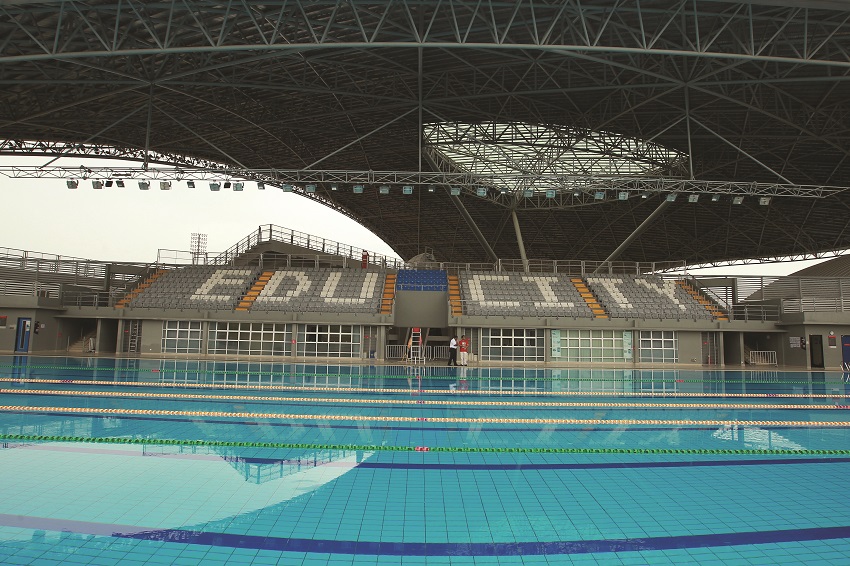
IS Education@Iskandar, otherwise known as EduCity, living up to its promise? It started with a bang in 2012 when the first buildings were completed and a few of the educational institutions opened their doors to students.
EduCity, which sits on 142ha in Iskandar Malaysia, has a unique concept. Basically, it mixes and matches faculties from some of the best schools in the world — Newcastle University of Medicine, for instance, offers courses in medicine and University of Southampton offers courses in engineering. All the university students live together in a village and share sport and leisure facilities such as a 14,000-seater stadium and an Olympic-size swimming pool.
This frees the universities to concentrate on academic delivery. This way, they complement rather than compete with each other.
Some of the universities, notably Raffles University Iskandar, Raffles American School and Management Development Institute of Singapore, are constructing their own buildings. These were slated for completion in 2014/15 but are still under construction.
Last month, University of Reading opened its campus in EduCity. It will be home to the Henley Business School, which will offer the Henley MBA. The campus covers 6ha and will be able to accommodate 3,000 students when more courses are made available next year. It currently offers the Foundation in Business and Foundation in Science courses and Bachelor of Science degrees in finance and business management, real estate, quantity surveying and psychology.
Last year, Multimedia University (MMU) opened its 45,000 sq ft campus in EduCity. It comes equipped wth a digital library and media resource centre, 3D theatre, post-production laboratories, motion capture studio, set and background studio, audio recording studio and workshop rooms. MMU is offering a cinematic arts programme in collaboration with University of Southern California.
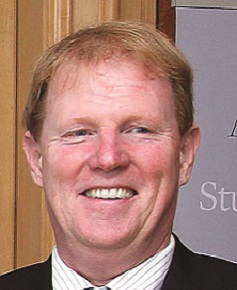 Most of the universities here will have one faculty — the one they are most renowned for. Newcastle University Medicine Malaysia (NUMed), for instance, will focus on medicine and biosciences, University of Southampton Malaysia on engineering, University of Reading on business studies, Netherlands Maritime Institute of Technology on maritime studies and MMU on cinematic arts.
Most of the universities here will have one faculty — the one they are most renowned for. Newcastle University Medicine Malaysia (NUMed), for instance, will focus on medicine and biosciences, University of Southampton Malaysia on engineering, University of Reading on business studies, Netherlands Maritime Institute of Technology on maritime studies and MMU on cinematic arts.
Through the years, there have been rumblings of discontent about the pace at which everything is progressing in EduCity, as well as the bureaucratic issues. For instance, there have been claims of difficulties in procuring visas for foreign students and lecturers. And that it takes too long for courses and course fees, which are handled autonomously in the universities’ country of origin, to be approved.
In addition, some campuses, which were supposed to have opened last year, are still under construction as there have been many regulatory delays along the way. And the students still complain about the facilities provided.
There have also been articles saying that EduCity was supposed to be marketed as one entity, but thus far the individual universities have been forced to do their own thing as far as marketing is concerned, with no assistance from EduCity itself.
However, a view is that Educity, being relatively new, cannot be expected to be plain sailing from the get-go. Given the size and complexity of the development, it will need time to discover what works and what doesn’t.
According to the universities that responded to queries from The Edge, Rome wasn’t built overnight and EduCity won’t be either. In fact, they rubbished the claims of difficulties and complaints, saying that they were no more than the usual teething problems that come with setting up something new. However, most of them have already been resolved.
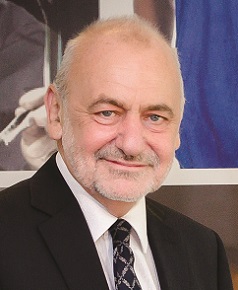 NUMed was the first university to open in EduCity. And while there were some initial problems, CEO and provost Prof Reg Jordan points out that it is a new concept and it will evolve and mature over the next 5 to 10 years before it is a fully formed entity.
NUMed was the first university to open in EduCity. And while there were some initial problems, CEO and provost Prof Reg Jordan points out that it is a new concept and it will evolve and mature over the next 5 to 10 years before it is a fully formed entity.
“Sometimes, I think the public and journalists think ‘Educity, there it is. Plonk it down fully formed’. But it has to be developed. And we are all developing in different stages. So, you can have a broad picture, but you learn through your experience what works and what doesn’t,” he says.
Jordan first came to the site that was to be Iskandar Malaysia in 2006. “The only thing that existed at the time was the pilings for Kota Iskandar. Nothing else was here at all. But you drive down here today, you see the Puteri Harbour development, you see all the development in Medini, you see Legoland, you see the coastal highway, the industrial logistics cluster … and we are talking about all this happening in five or six years. So, that’s a massive achievement in a short space of time. But it is not even fully formed yet,” he says.
University of Southampton Malaysia campus CEO Professor John McBride agrees. “We haven’t had any particular issues with EduCity. In terms of our relationship with Iskandar Investment Bhd (IIB), like any relationship, there are day-to-day issues that we have to deal with around the campus, but those are sort of operational issues.
“In terms of what they have delivered to us and the way they delivered, they have been very professional. All the buildings were delivered on time. And they seem to be doing quite well.”
What about the visa situation? McBride says this may have been a problem three years ago, when the Education Malaysia Global Services (EMGS) was just formed, but it didn’t affect his university in particular.
“At that stage, we were not bringing in international students, so it really didn’t affect us. But I know it had a major impact on the likes of Nottingham University in Malaysia, for instance. Right now, 15% to 20% of our students are international and we have really had no problem at all.”
McBride denies that the university has had any problems recruiting staff either. “From the moment we were in Malaysia, and we have been operating for four years now, we have been free to do what we want. We advertise internationally, we advertise in Malaysia and we interview the best candidates for the job.”
“We have not encountered any difficulties in this. We bring in international-standard lecturers from all over the work, we get their work permits and they work at our campus.”
McBride says he has had no trouble recruiting from Malaysia either. “It is not true that we have been told that we couldn’t recruit from other universities. We haven’t been told anything. At the moment, we have a staff of 40 to 50 and we recruited them from Universiti Teknologi Malaysia in Johor, Universiti Sains Malaysia … from all over.”
Jordan says the student population at NUMed has grown from 60 when it started to 600 now. “Student numbers have grown, staff numbers have grown and will continue to grow for another five or six years. From the original pioneer staff of eight, we now have 125, so we are fully functioning — a success so far.”
He says currently, 10% of its students are from overseas and that NUMed receives applications from about 40 different countries. He admits, however, that it was not always plain sailing.
“With the setting up of any new system, such as EMGS, there are always teething issues. But things have settled down. We have very good relationships with these people and no problem getting visas as long as the students and staff coming from overseas meet the eligibility criteria, which are fairly straightforward, and they are right and proper,” he says.
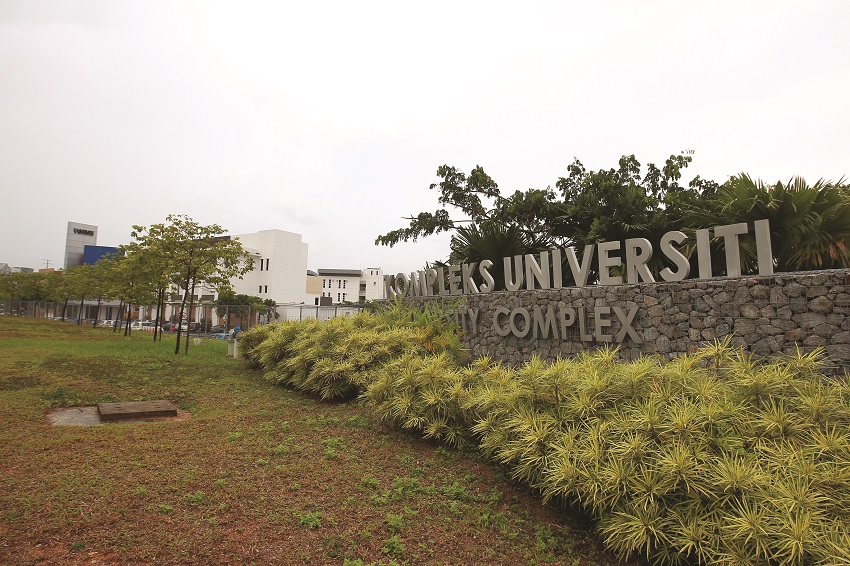
“Every country will control its immigration. So if you are going to appoint a member of staff, they have to have the appropriate qualifications and experience. And if they meet the criteria, then we have little problem. These days, it is quite a smooth operation.”
Jordan says with an international campus of any description, it is a question of adapting. “We have to learn the ways of our host country. At the same time, because Iskandar is a new development corridor, there were new mechanisms being put in place, so it was all new for everybody. So, in the first year or so, when we were learning the ropes, learning how to do it, it was a struggle. But it wasn’t the system. It was us knowing the system.”
Now that the university knows all the protocols and procedures, it’s not a problem, he says.
There have been some questions on the length of time it takes to approve courses. In their home countries, these universities have complete autonomy in what courses they want to offer and how much to charge for them. In Malaysia, all courses have to go through the Malaysian Qualification Agency (MQA) and be signed off by the Ministry of Education (MoE).
McBride says it doesn’t make much of a difference to University of Southampton because it offers exactly the same programmes it offers in the UK. “We just get the MQA’s approval and then it is signed off by the MoE. Some of the institutions have had problems with getting some of their courses through. The MQA is supposed to approve the courses in three months and sometimes it has gone over that. But for us, it is not been a big deal.
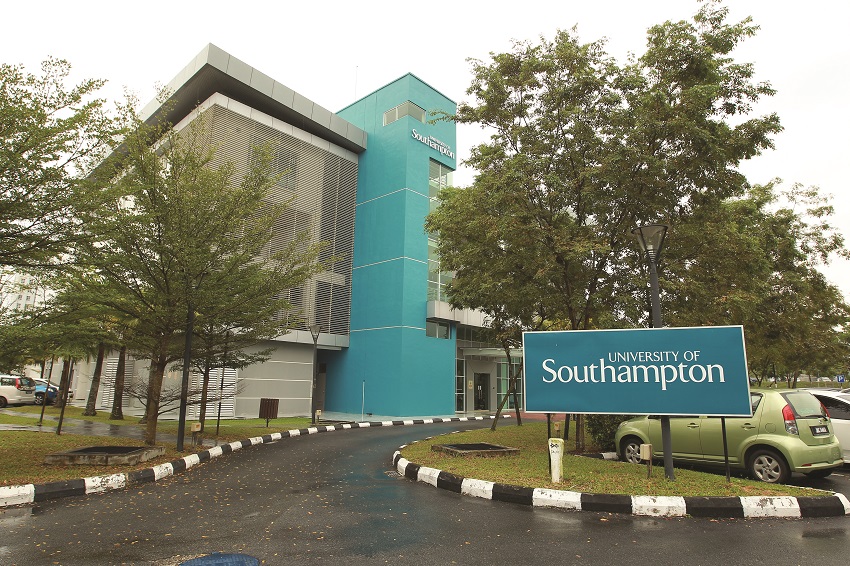
“We had all the approvals that we needed on time for delivering particular courses. You get provisional accreditation from the MQA and when it comes through to final accreditation, which we have done for two of our programmes, we have a visit from the MQA and those programmes are signed off, fully approved.”
McBride points out that University of Southampton is currently offering four programmes in Malaysia — four-year undergraduate programmes that will result in a Master of Engineering. It offers a foundation programme and courses in mechanical engineering, electrical and electronic engineering, and aeronautics and astronautics (otherwise known as aerospace engineering).
Jordan says when NUMed first started out, getting approvals for courses seemed to take a long time. “Sometimes it took the MoE or Ministry of Higher Education six months to get an approval through, but that’s a thing of the past. Now they move very fast. But I can see somebody who is just setting up, who is going through what we went through in the early stages, saying this is a bit difficult.
“With one of our core programmes — the medical programme — it is not just your higher education qualification, we need to look at professional recognition of our graduates as doctors and that’s a five-year accreditation process.”
NUMed received full accreditation with the General Medical Council of the UK and the Malaysian Medical Council in June last year, and is now seeking professional recognition of its graduates in different countries as it has students from all over the world.
“You cannot start the process of professional recognition in different countries until you have been recognised by your own country. We produced our first international graduates last year and they are now doing their pre-registration house office. If you think of how many countries apply for our courses, you will understand that going through accreditation in 40 different countries is not something you can do overnight,” Jordan says.
In Malaysia, NUMed offers its UK MBBS (Bachelor of Medicine, Bachelor of Surgery) programme and UK biomedical science programme. Next year, it will be launching a foundation programme. “We have plans for other provisions in the biological and biomedical sciences, but medicine remains our major programme at the moment. We are a medical school at the end of the day,” Jordan says.
What about marketing? Wasn’t EduCity supposed to be marketed as a single entity? “I think the concept of EduCity has evolved over time,” says Jordan. His first engagement with the concept (it wasn’t called EduCity in those days) was in 2005.
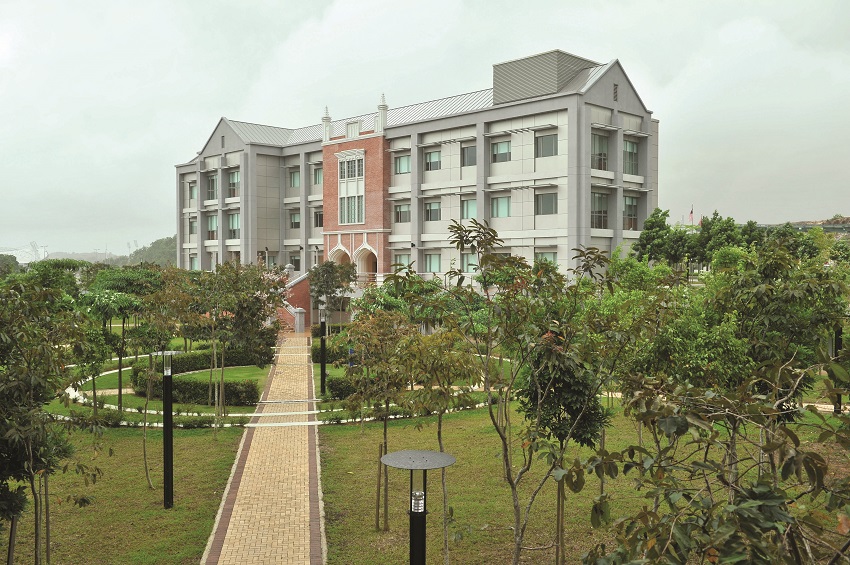
“It has gone through a number of transmogrification and I think the earliest idea was that they would get all the universities and we would all form a single joint venture. And well, I’m sorry, that was never going to happen because UK universities are autonomous bodies. We work together in a collegiate fashion, sharing expertise, sharing knowledge. But I am marketing Newcastle University. I am not marketing EduCity, I am not marketing Southampton, I’m not marketing Reading. When it is in our interests to collaborate, we do,” he says.
He adds that any marketer would ask what one’s unique selling proposition is and what it is they are trying to market. “We are trying to sell affordable UK education delivered here in Malaysia. The Malaysian government invited us here because of our brands. That’s where the quality and prestige is.”
McBride says about two years ago, the universities got together and discussed the Iskandar project doing marketing on their behalf, but they all agreed that they didn’t want that.
“The EduCity brand is not a brand. It doesn’t exist. They would have to create the brand and that would weaken our brand. So, actually, University of Southampton is a brand in its own right and our brand is much stronger than the EduCity brand. Also, we wanted to be careful about who we were branding with and some of the institutions on the EduCity campus do not have the same reputation as we would have.”
Click here to look at some properties in Johor.
This story first appeared in The Edge Malaysia’s “Iskandar Malaysia Special Report” on Nov 9, 2015. Subscribe here for your personal copy.
TOP PICKS BY EDGEPROP

Halya @ Daunan Worldwide
Bandar Puncak Alam, Selangor

Bandar Puncak Alam
Bandar Puncak Alam, Selangor

Bandar Puncak Alam
Bandar Puncak Alam, Selangor

Bandar Puncak Alam
Bandar Puncak Alam, Selangor
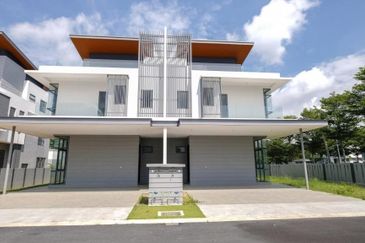
Broadleaf Residences, Hometree
Kota Kemuning, Selangor
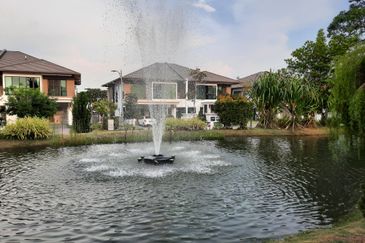
Lepironia Gardens, Setia Eco Glades
Cyberjaya, Selangor
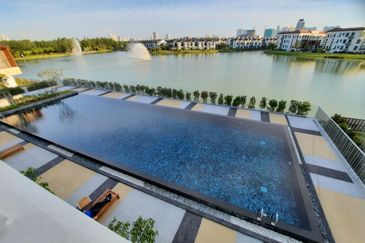
Isle of Botanica, Setia Eco Glades
Cyberjaya, Selangor
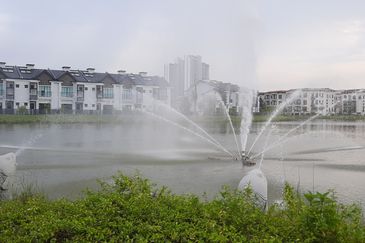
Setia Marina 3, Setia Eco Glades
Cyberjaya, Selangor
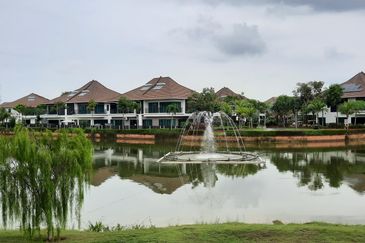
Charms of Nusantara, Setia Eco Glades
Cyberjaya, Selangor
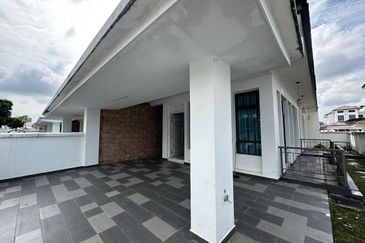
Eco Botanic
Iskandar Puteri (Nusajaya), Johor
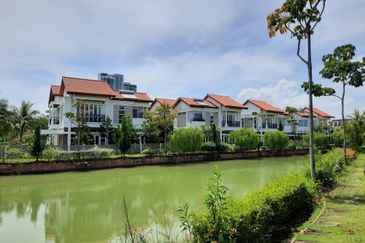
Setia Marina 2, Setia Eco Glades
Cyberjaya, Selangor
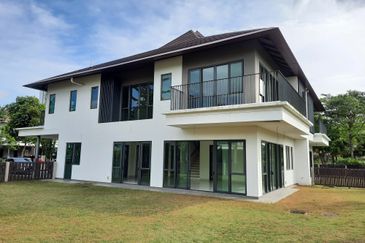
Setia Marina 2, Setia Eco Glades
Cyberjaya, Selangor
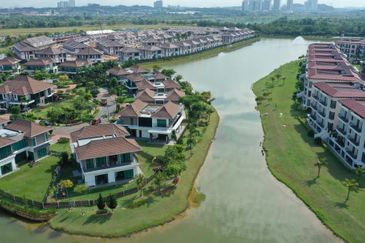
Charms of Nusantara, Setia Eco Glades
Cyberjaya, Selangor
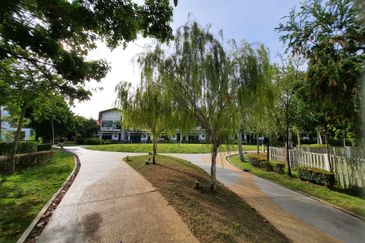
Liu Li Garden, Setia Eco Glades
Cyberjaya, Selangor





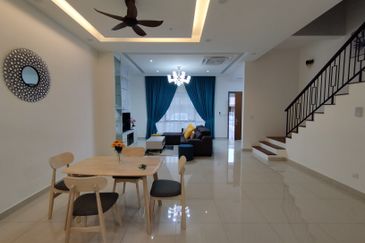
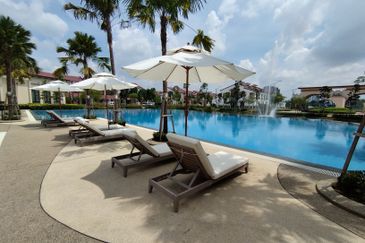
hero.jpg?GPem8xdIFjEDnmfAHjnS.4wbzvW8BrWw)



